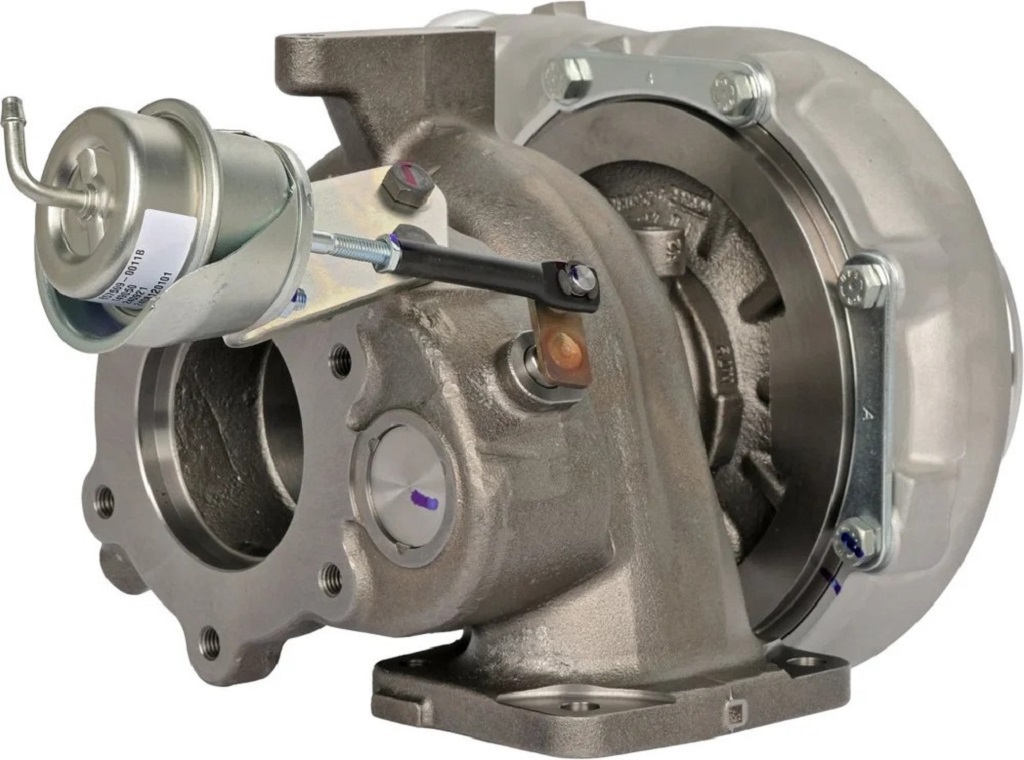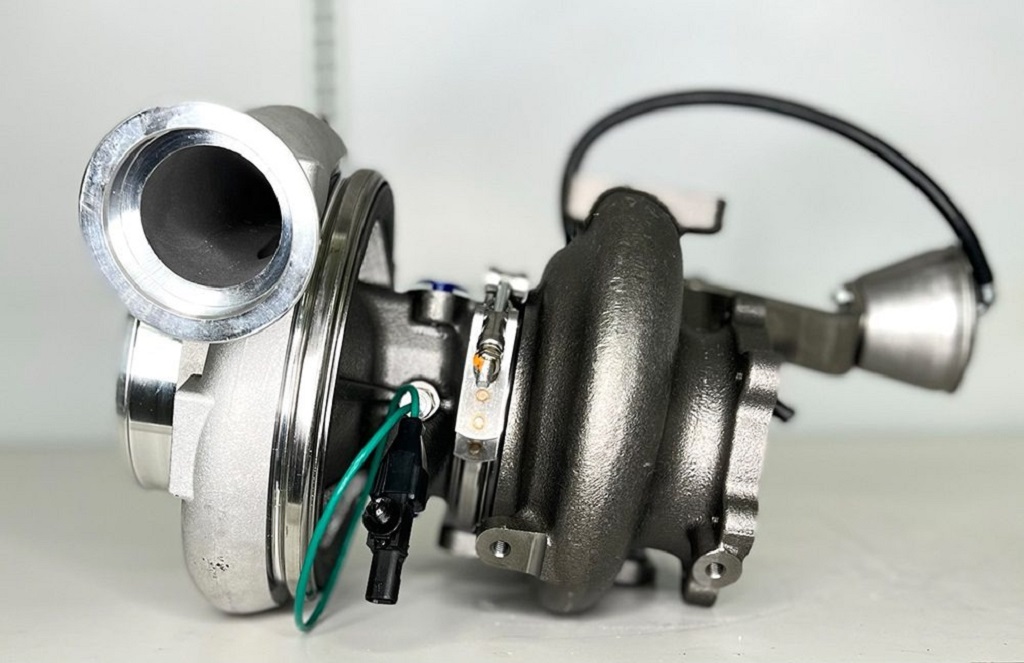Detroit homeowners face unique plumbing challenges due to the city’s aging infrastructure and harsh winters. Clogged drains can quickly escalate from minor inconveniences to costly disasters. Therefore, maintaining smooth-flowing pipes requires proactive strategies and proven techniques. This comprehensive guide delivers turbo-charged tips specifically designed for Detroit residents. Additionally, we’ll explore professional solutions and preventive measures that keep your drainage system running efficiently. Whether you’re dealing with kitchen sinks, bathroom drains, or main sewer lines, these expert recommendations will help you avoid expensive repairs and maintain optimal water flow throughout your home.
Understanding Detroit’s Unique Drainage System Challenges and Infrastructure Issues
Detroit’s drainage infrastructure presents distinctive obstacles that homeowners must navigate carefully. The city’s aging sewer system, built primarily in the early 1900s, combines storm water and sewage in many neighborhoods. Additionally, the region’s clay soil composition creates additional pressure on underground pipes during freeze-thaw cycles.
However, understanding these challenges helps residents develop effective maintenance strategies. The Detroit Water and Sewerage Department reports that over 60% of service calls relate to preventable blockages. Therefore, proactive drain care becomes essential for avoiding emergency situations and costly repairs.
Essential Tools and Equipment Every Detroit Homeowner Should Have Available
Smart Detroit residents maintain a well-stocked toolkit for addressing minor drain issues promptly. Basic equipment includes a quality plunger, drain snake, rubber gloves, and flashlight for inspection purposes. Additionally, having baking soda, white vinegar, and dish soap creates powerful natural cleaning solutions.
Furthermore, investing in a wet/dry vacuum can prove invaluable for removing standing water and debris. Professional-grade drain augers, while more expensive, provide superior clearing power for stubborn blockages. Therefore, building your toolkit gradually ensures you’re prepared for most common drainage problems.
Essential items for your drain maintenance arsenal:
- Standard cup plunger and flange plunger
- 25-foot drain snake or auger
- Rubber gloves and safety glasses
- Powerful flashlight or headlamp
- Bucket for collecting debris and water
- Natural cleaning supplies (baking soda, vinegar, dish soap)
Proven Methods for Preventing Common Drain Blockages in Detroit Homes
Prevention remains the most cost-effective approach to drain maintenance in Detroit’s challenging environment. Regular maintenance routines prevent minor issues from becoming major headaches. Additionally, understanding what should never go down your drains protects your plumbing system long-term.
Kitchen drains require special attention since grease and food particles cause most blockages. However, simple habits like scraping plates thoroughly and using sink strainers dramatically reduce problems. Therefore, establishing consistent prevention practices saves both time and money.
Bathroom drains face different challenges, primarily from hair, soap scum, and personal care products. Additionally, monthly hot water flushes help dissolve soap buildup and maintain proper flow. Therefore, combining prevention with regular maintenance creates optimal results.
Step-by-Step Natural Cleaning Solutions Using Common Household Items
Natural cleaning methods offer safe, effective alternatives to harsh chemical drain cleaners. These solutions work particularly well for regular maintenance and minor blockages. Additionally, they’re environmentally friendly and won’t damage your pipes or septic system.
The classic baking soda and vinegar combination creates a powerful fizzing action that breaks down organic matter. However, proper technique ensures maximum effectiveness. Therefore, following precise steps yields better results than random applications.
Here’s the proven natural cleaning process:
- Remove visible debris from drain opening
- Pour one cup of baking soda down the drain
- Follow with two cups of white vinegar
- Cover drain opening with a wet cloth or stopper
- Wait 30 minutes for chemical reaction to work
- Flush with hot water for two minutes
Additionally, dish soap and hot water combinations work excellently for grease-related blockages. Therefore, alternating between different natural methods provides comprehensive cleaning power.
Professional Drain Cleaning Techniques and When to Call Detroit Experts
Professional drain cleaning services use advanced equipment and techniques unavailable to homeowners. Hydro-jetting, for example, uses high-pressure water streams to completely clear pipes and remove buildup. Additionally, professional cameras can identify problems before they become emergencies.
However, knowing when to call professionals versus attempting DIY solutions saves money and prevents damage. Minor clogs and regular maintenance typically suit homeowner efforts. Therefore, understanding your limitations protects both your plumbing and your wallet.
Signs that require professional intervention include:
- Multiple drains backing up simultaneously
- Sewage odors coming from drains
- Water backing up in basement floor drains
- Gurgling sounds from multiple fixtures
- Slow drainage despite repeated cleaning attempts
According to the Environmental Protection Agency, professional drain cleaning reduces the likelihood of major sewer backups by 78% when performed annually. Therefore, scheduling regular professional maintenance proves cost-effective for most Detroit homeowners.
Seasonal Maintenance Tips for Detroit’s Harsh Winter Climate Conditions
Detroit’s extreme winter conditions create unique challenges for drainage systems throughout the region. Frozen pipes, ice dams, and ground movement affect both indoor and outdoor drainage components. Additionally, salt and chemical deicers can accelerate pipe corrosion and joint failures.
However, proper seasonal preparation prevents most winter-related drainage problems. Fall preparation includes clearing gutters, disconnecting garden hoses, and insulating exposed pipes. Therefore, investing time in autumn preparation pays dividends during harsh winter months.
Winter maintenance focuses on preventing freeze damage and maintaining access to key shutoff valves. Additionally, keeping cabinet doors open during extreme cold helps prevent pipe freezing. Therefore, vigilant monitoring during cold snaps prevents costly emergency repairs.
Spring maintenance addresses winter damage and prepares systems for increased usage. However, gradual temperature increases can reveal problems that developed during frozen months. Therefore, thorough spring inspections identify issues before they worsen.
Emergency Response Strategies for Sudden Drain Backups and Overflow Situations
Emergency drain situations require immediate action to minimize damage and health hazards. Quick response prevents water damage, mold growth, and contamination issues. Additionally, knowing proper emergency procedures protects your family’s safety and your property’s value.
However, safety always takes priority over property protection during drainage emergencies. Raw sewage contains dangerous bacteria and should never be handled without proper protective equipment. Therefore, understanding when to evacuate and call professionals prevents serious health risks.
Immediate emergency response steps include:
- Turn off water supply at the main shutoff valve
- Move valuable items away from affected areas
- Document damage with photos for insurance purposes
- Contact your insurance company and professional plumbers
- Ventilate affected areas to prevent mold growth
- Avoid using electrical outlets near standing water
Cost-Effective Solutions for Long-Term Drain Health and System Longevity
Long-term drain health requires consistent investment in prevention and maintenance rather than reactive repairs. Regular professional inspections identify small problems before they become expensive emergencies. Additionally, upgrading key components gradually spreads costs over time.
However, understanding which upgrades provide the best return on investment helps prioritize spending. Replacing old galvanized pipes, installing water softeners, and upgrading main sewer connections offer significant long-term benefits. Therefore, strategic planning maximizes your maintenance budget’s effectiveness.
Modern pipe materials and fixtures offer superior performance and longevity compared to older options. Additionally, smart home monitoring systems can alert you to potential problems before damage occurs. Therefore, embracing new technology enhances traditional maintenance approaches.
Last winter, my neighbor discovered the importance of proactive drain maintenance when their main sewer line backed up during a holiday gathering. The emergency repair cost exceeded $3,000, while regular maintenance would have prevented the issue entirely. Therefore, their experience reinforced my commitment to consistent drain care.
Advanced Troubleshooting for Persistent Drainage Problems in Older Detroit Properties
Older Detroit homes often present complex drainage challenges that require specialized knowledge and techniques. These properties may have original cast iron pipes, outdated venting systems, or modifications that create ongoing problems. Additionally, settling foundations can create pitch problems that affect drainage flow.
However, systematic troubleshooting approaches can identify root causes and effective solutions. Understanding your home’s plumbing history helps predict potential problem areas. Therefore, maintaining detailed records of repairs and upgrades guides future maintenance decisions.
Advanced troubleshooting often reveals multiple contributing factors rather than single causes. Additionally, addressing symptoms without fixing underlying issues leads to recurring problems. Therefore, comprehensive assessments provide more lasting solutions than quick fixes.
Conclusion
Detroit drain maintenance requires understanding local challenges, using proper techniques, and maintaining consistent care routines. These turbo-charged tips provide homeowners with practical solutions for keeping pipes flowing smoothly year-round. Additionally, combining prevention with timely professional service creates optimal results for long-term system health.
Remember that proactive maintenance costs significantly less than emergency repairs and system replacements. Therefore, implementing these strategies protects both your home’s value and your family’s comfort. Start with basic prevention techniques and gradually build your maintenance routine for lasting success.
Have you tried any of these drain maintenance techniques in your Detroit home? Share your experiences in the comments below, and don’t forget to share this article with neighbors who might benefit from these turbo-charged tips!
Frequently Asked Questions
How often should Detroit homeowners professionally clean their drains?
Professional drain cleaning should occur annually for most Detroit homes, with older properties potentially requiring service twice yearly. Additionally, homes with large families or heavy usage may benefit from more frequent professional attention.
What natural ingredients work best for regular drain maintenance?
Baking soda, white vinegar, and dish soap create the most effective natural cleaning combinations. Additionally, hot water flushes help maintain proper flow and prevent buildup between deep cleaning sessions.
When should homeowners call professionals instead of attempting DIY solutions?
Call professionals when multiple drains back up simultaneously, sewage odors appear, or basement floor drains overflow. Additionally, if DIY methods fail to resolve problems within 24 hours, professional assessment becomes necessary.
How does Detroit’s winter weather affect residential drainage systems?
Extreme cold can freeze pipes and create ice dams that block drainage flow. Additionally, freeze-thaw cycles stress pipe joints and connections, potentially causing leaks or breaks in older systems.
What warning signs indicate serious drainage problems requiring immediate attention?
Gurgling sounds from multiple fixtures, water backing up in floor drains, and sewage odors signal serious problems. Additionally, slow drainage in multiple locations simultaneously indicates potential main line blockages requiring professional intervention.






